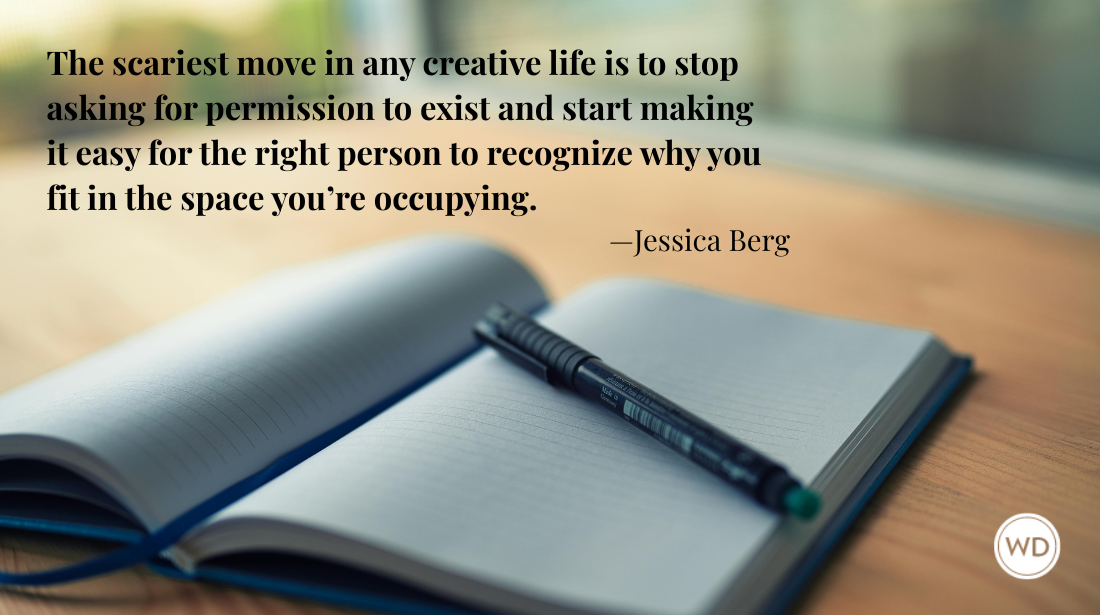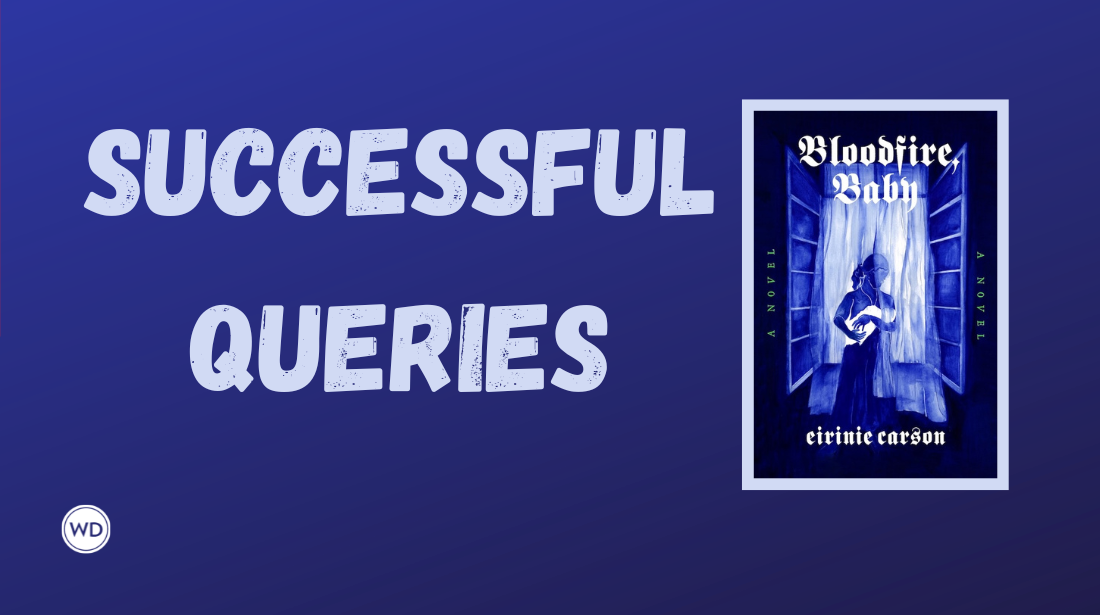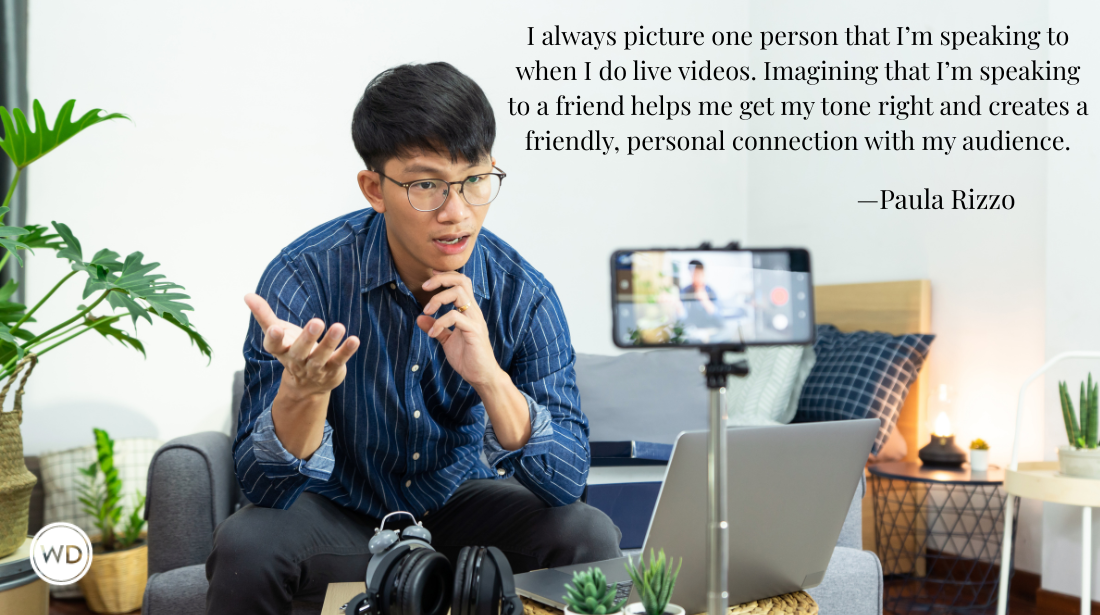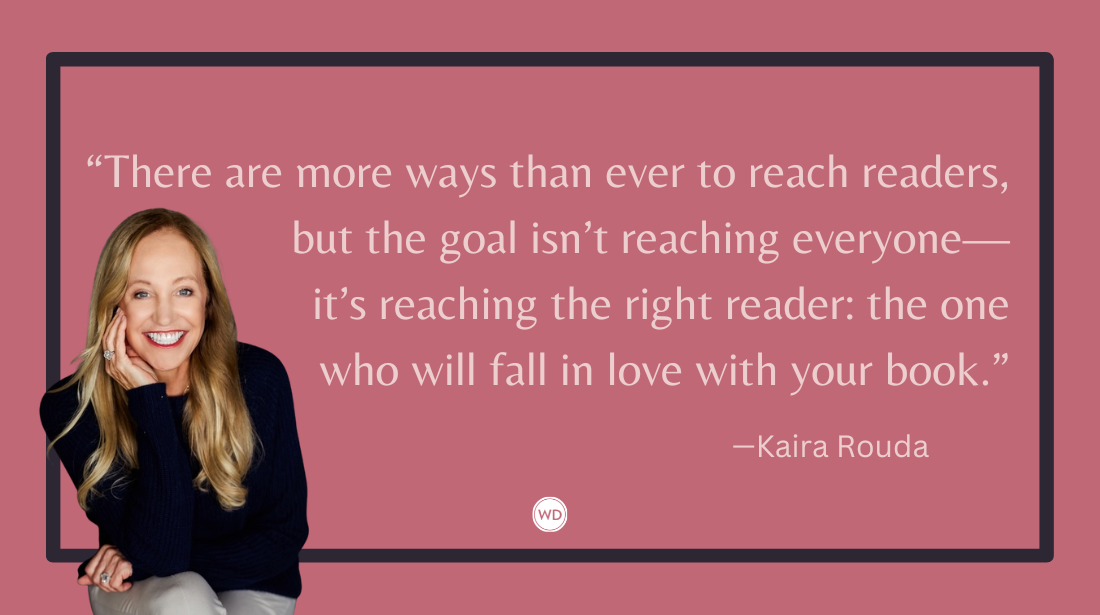The 10 Dos and Don’ts of Being Rejected
Author Clare Boyd shares the 10 dos and don’ts of being rejected as a writer—and how it ultimately leads to a successful writing career.
Whenever I’m asked for writing tips by aspiring authors, I don’t mince my words. I tell them straight that there’s only one key quality you need to get published: a stomach for rejection.
There will be many rejections, and they’re tough going. The mere prospect of them is sometimes enough to stop you in your typing tracks. Overcoming these fears is vital. Sticking in there takes grit. Emotional grit.
Look away now if you think you can’t handle some of my tough love tips on how to build your resilience and get published…
DON’T: Think you can write.
You can’t write. Believe me, you can’t. You might have the most incredible potential—Booker prize-winning, bestseller-churning brilliance—lying dormant inside you, but when you start out, you won’t have those skills to make it happen and you WILL. GET. REJECTED. And that’s okay. Most of us aren’t born with it.
DO: Start at the beginning.
You need to learn your craft. If you don’t, agents and publishers will see straight through you. However much potential you show, they don’t have the time to hold your hand and teach you how. There are so many practical books and courses out there to help you. Find one or two and apply their wisdom. Believe me, it really is worth the effort. My top tip would be Into The Woods, by John Yorke.
DON’T: Look down.
While writing, the thought of sending it out to agents or publishers is like looking down the side of a treacherous rock face as you’re navigating the narrow ridge of a mountain. Don’t do it! This rookie mistake has two fatal outcomes: Either it causes delusional dreams of flying to the top or mind-bending catastrophizing of rag-dolling to the bottom. Basically, don’t risk psychologically derailing yourself. It can lead to writer’s paralysis and never-ending excuses for why you never finish your manuscript.
DO: Believe in happy endings.
The best way to complete your book is to enjoy the process, live in the moment, and focus on putting one step in front of the other, one little word at a time. Trick yourself into thinking that nobody in the world will ever read it. Typing ‘The End’ is the best high ever. For writers, that’s true happiness right there, all tied in a bow. Forget that it equals crunch-time. Who cares what people think? You’ve damn-well written a book! Good job!
DON’T: Blame the industry.
It’s easy to read a rejection letter from an agent or publisher and feel the rage. It’s only natural to leap to your own defense, lambast them for making a mistake, for missing its potential, for overlooking your talent or even for failing to read it properly. They’re total bloody idiots for not giving you a 10-book deal, right? I mean, look at the other crappy books they publish! How could they reject yours? This might be true. Many editors have rued the day they turned down Harry Potter. But remember this: J.K. Rowling is the exception, the rest of us are the rule.
DO: Blame yourself.
My first four manuscripts were turned down by every publisher in London. After ranting and raving about the state of the industry, I got real and blamed myself. I listened to the criticism from trusted readers, begrudgingly accepted that the experts were probably right, sat down at my computer, and wrote a better book.
DON’T: Dream big.
Being rejected by the big names in traditional publishing doesn’t necessarily mean you don’t have what it takes to be a published writer. They’re not the only arbiters of the current market or the up-to-date trends of the reading public. These days, there so many varied and exciting new ways of starting out and quietly building a writing career for yourself in the digital first or self-publishing arena.
Order Clare Boyd's The Wedding Night today.
DO: Think small (thumbnails).
After a rejection that might say something like, ‘We really enjoyed it, but we’re only looking for high-concept, big-hitting thrillers right now,’ I advise you to think hard about that. Be business-like about it. A practical overhaul of your ideas isn’t always a cynical exercise or a compromise. Narrowing it down and nailing your genre can be as thrilling and as ‘big-hitting’ as it gets. It can help you find your voice and transform your journey. Picture the tagline next to the tiny thumbnail photo of your book on Amazon: ‘an unputdownable, edge-of-your-seat thriller’ or ‘heart-breaking, tear-jerking romance.’ Then read every book ever written in your chosen genre.
DON’T: Believe the hype.
If you think the rejection and dejection stops when you get published, think again. You’ve got the bad reviews from readers and book bloggers to look forward to. If that isn’t enough, many authors are dropped by their publishers or agents after only a couple of books. Or maybe they fail to attain foreign rights deals or bag a TV & Film adaptation or make The Sunday Times bestseller lists. A writing career will be peppered with echoes of those original turndowns. But none of it matters. Don’t focus on the highs and lows. Instead, dig deep and remain level-headed, always checking in on why you started writing in the first place.
DO: Prove them wrong.
A mega-successful songwriter friend of mine wallpapered her attic walls with all the music industry rejection letters she received when she was just starting out. It’s a brilliant example of acceptance. Own those publisher rejections! Find a proverbial wall to stick them to and look them in the face every day! And then go write another book—if only to prove everyone wrong.
Clare lives with her husband and their two daughters in Surrey, where her little green shed at the bottom of the garden provides a haven for her writing life. Before becoming a writer, she enjoyed a career in television, as a researcher in documentaries and then as a script editor in drama at the BBC and Channel Four, where her love of storytelling took hold.









